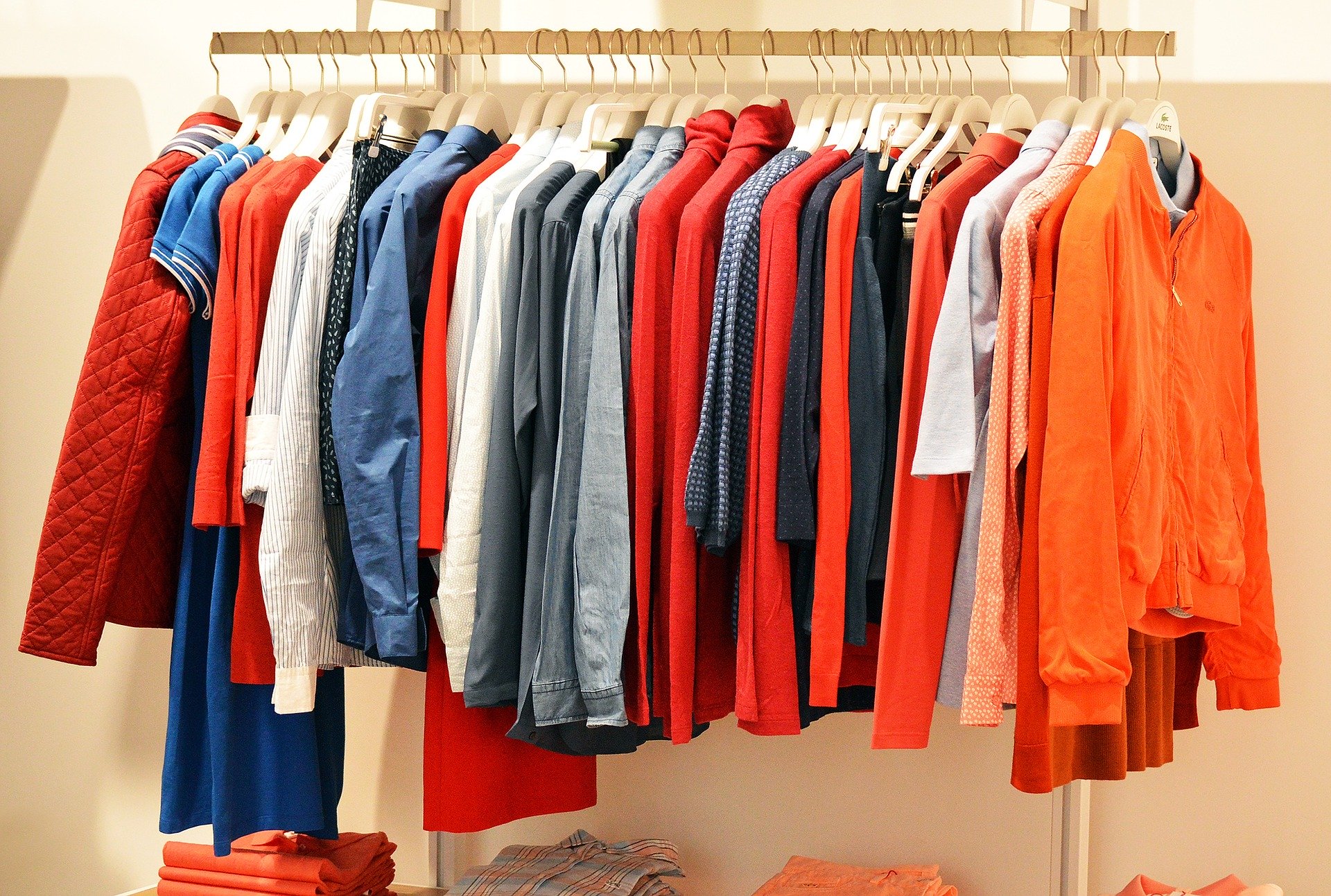Fast fashion is a huge, potentially catastrophic problem for the environment. As we’ve previously covered, achieving any genuine sustainability within the complex global fast fashion chain remains a huge goal, often seeming out of reach. But just who is responsible for changing this? Is it consumers, with their seemingly never-ending appetite for cheap, throwaway fashion (and their willingness to turn a blind eye to the consequences). Or are the fast fashion companies themselves to blame – placing profit, brand growth and carefully created fashion addiction ahead of any true sustainability achievements?
MissGuided documentary highlights the problem with tackling fast fashion
Channel 4’s MissGuided documentary captured this issue perfectly. The documentary revealed how MissGuided epitomises the fast fashion model, uploading thousands of new clothing items every month to its website. Viewers were also shown the ferocious buying tactics of the brand, with MissGuided attempting to squeeze the last 10p out of a supplier – seemingly unconcerned with the potential negative consequences on suppliers. While there was shock at the £350k promotion fee paid to influencer’ Molly-Mae Hague in juxtaposition to this price squeezing; the lack of equal shock at fast fashion’s impact on the entire global supply chain and what this means for the environment was noticeable.
And this is the core of the issue. The premise of the documentary was a glimpse into a successful fast fashion brand and business (and it’s certainly that); but the willingness of consumers and brands to seemingly ignore the concerning impacts of fast fashion across the globe is a real barrier to true sustainability.
A cultural shift is needed to achieve fashion sustainability
The documentary certainly provides interesting insight into how fast fashion has become such a business success, albeit at the expense of the environment and sustainability. Cheap prices, laser-like buying and pressure on suppliers, as well as a carefully curated social media-perfect brand strategy from brands such as MissGuided create a hard to resist product for fashion conscious consumers. They’re simply responding to customer demand afterall. And MissGuided are no means alone – this business model is also repeated in brands such as NastyGal, H&M Boohoo and Pretty Little Thing.
The documentary, and the lack of real criticism from consumers highlights just how effectively customers are targeted by brands to want the next fashion hit without being too concerned about the consequences on sustainability. While many brands highlight their commitment to sustainability; it’s clear that much more needs to be done.
Suppliers and consumers must do better
Entire culture change is needed. Various initiatives including the 1p garment tax, closed supply aims and promises from brands to be more sustainable have sought to make fashion more sustainable, but it’s still not enough. As well as demanding change from big fashion brands to alter their business models to be more sustainable, consumers must do better too. Viewers watching the MissGuided documentary should be questioning fast fashion brand’s impact, as well as thinking about how they can change their behaviours to be more sustainable when it comes to enjoying fashion. COVID 19 has highlighted the many issues within global supply chains; including the vulnerability of garment workers and the precarious nature of supply chains that prop up the current fast fashion model.
Many people and companies are using this opportunity to refocus and leave a more positive business impact – will fashion brands and consumers alike rise to this challenge when it comes to sustainability?
Textile Consult operates globally and in the UK, consulting on a variety of management, training and sustainability issues within the textile industry. Contact us today to find out how we’ll work with you to find effective, sustainable solutions for your company.


